Hello Gentle Entities and Noshable Nemeses!
June 28th is a celebration of the Giant Paul Bunyan. I think I can safely say that my Selesnyan associates would not approve of his avocation of forest clearing however they would endorse his partnership with his animal companion Babe.
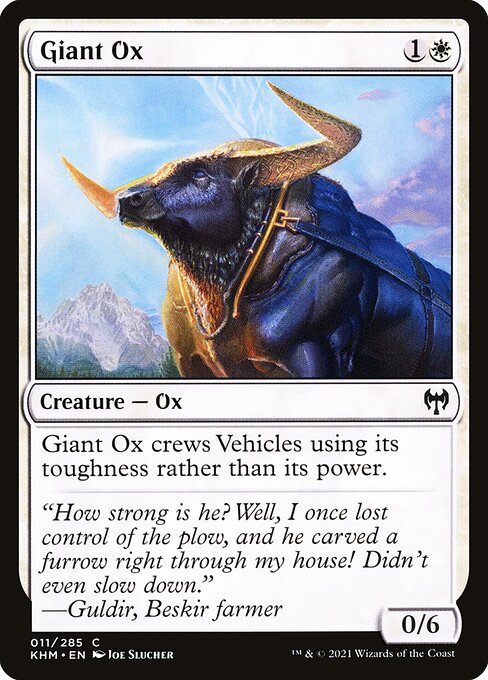
As this is our 25th column, we at Mizz Mizzet’s School for Complicated Lifeforms would like to remind you that we answer between 1-3 letters from our interrogative entities across the multiverse each week.
This week we shall focus on a single question involving the etiquette of offering advice.
If you missed our initial column, you may peruse it at your leisure at this location.
Content Warnings
Mizz Mizzet’s Guide to Magical Manners is pleased to provide Content Warnings, given that solving bad behavior often means describing bad behavior.
Dear Mizz Mizzet;
TBH having come up playing Standard and Limited on Arena I find Commander utterly overwhelming I’ve only played a handful of times, but with four players I’ve never found myself able to keep track of the board state thoroughly for an entire game. Stuff like tokens only makes it more overwhelming. How is anyone managing to play this way? Is there a trick to it?
Dora from Hipsters
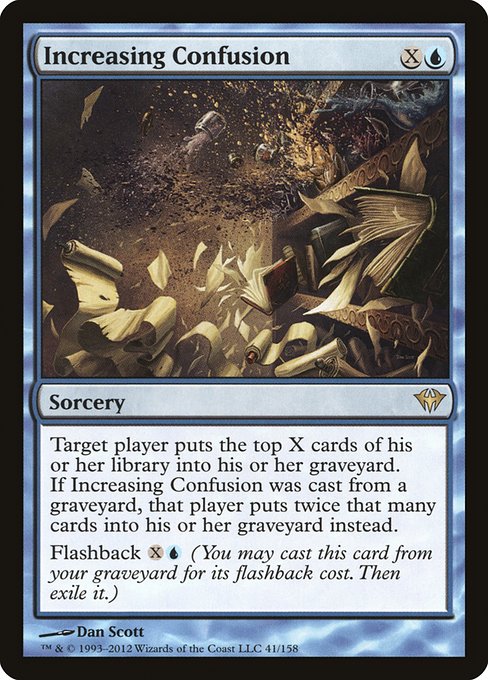
Dear Dora:
One of the appropriate things about EDH/Commander is that *no one* knows or can know all the cards on the table and follow the board state and there are social rules (because it’s a casual format and because it was a format that grew out of judges playing it post events) to make it acceptable and easy for the players at the table to support each other—if it’s OK I’d like to take your concern and rework it into a host’s question to describe proper manners at a commander game.
You should never have to feel like you are solely responsible to read board states in a Commander game.
…except for CEDH which emulates REL environments.
Many of our community are only familiar with playing in casual or in person groupings through live play or YouTube videos. Many entities have learned through Arena. With the extremely thematic Lord of the Rings pre constructed Commander decks our communities will have salons with delightful emigres of other fandom cultures joining together without encyclopedic knowledge of the tens of thousands of unique cards that are legal in the Commander/EDH format.
Others will only just be dusting off the accrued cobwebs, having sat out much of the last era of pandemic and epidemic. They will both be unfamiliar with the gold rush of cards and mechanics designed specifically for the format in the last few years AND a bit rusty on personalized interactions in casual groups.
For ALL of these participants one will find that appropriate etiquette is necessary for everyone to have an effective and pleasant gaming experience. Regardless of experience, entry to play or existing social ties the same set of proper manners works for all:
Expectations: Player Board States
It is unreasonable to believe that everyone at a table can see and process all of the cards all of the time just by looking at the table. It is therefore bad form to hide any information simply by not announcing it.
Etiquette: Sharing Your Board State
You will find that best practice in competitive play is the best etiquette in this form of shared casual play as well. Announce literally everything you are doing. At the beginning of your turn before upkeep summarize your board state. Every action you take that changes your board state should be narrated to the table.
For example:
“OK, before upkeep I untap all of my lands and my artifacts that reset. As part of upkeep I increase the loyalty of my Lilliana Planeswalker and after my draw step my Urza’s Saga moves to its second Lore Counter. Now I can pay two mana and tap it to make a 0/0 creature that gets plus one for each artifact I control—which at the moment is three. Just a reminder that this Saga is also a land and it keeps this ability until it leaves the battlefield.
“Ok going into my draw step—I put the lore counter on and draw a card…”
It is the polite thing to do to simply announce all public information for the table as you move through the state of those things. If someone is confused or asks you a question about public information everyone at the table should be prepared to answer it.
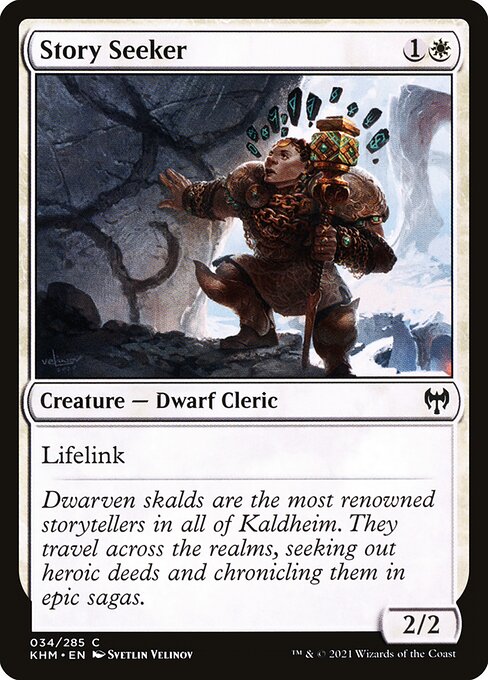
Expectation: Seeing Cards That Are Not Yours
Any card that is face up is a card another player may ask to see directly. There really are no exceptions.
I remind all and sundry that numerous cards require players to move from one player’s control to another player’s control in all variants of Magic: The Gathering. There is no reasonable expectation that your cards will only be touched by you in a physical game.
If a card is on the table and you need to read it directly it is part of the general rules of magic that your opponent allows you to read the card.
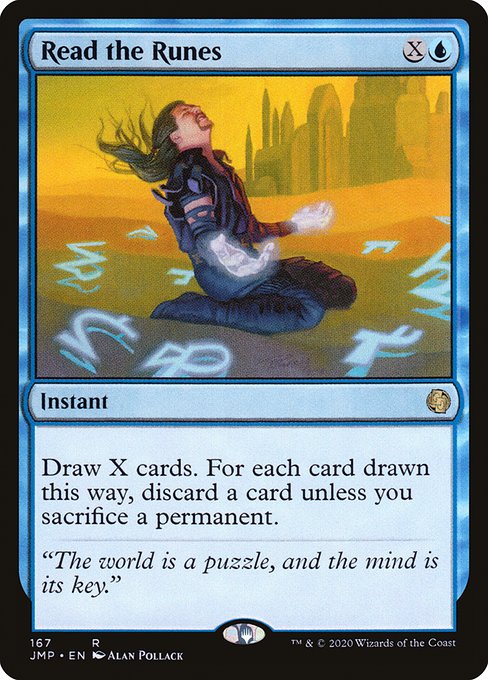
Etiquette: Why You Are Letting Others Read Your Cards
Official rules provide the following guidelines in MTR 4.1 Player Communication. For the most part proper friendly games will mostly be concerned with “free information.”
Free information is information to which all players are entitled access without contamination or omissions made by their opponents. If a player is ever unable or unwilling to provide free information to an opponent that has requested it, they should call a judge and explain the situation.
Free information consists of:
- Details of current game actions and past game actions that still affect the game state.
- The name of any visible object.
- The number and type of any counter that isn’t defined as status information.
- The state (whether it’s tapped, attached to another permanent, face down, etc.) and current zone of any object or player.
- The game score of the current match.
- The current step and/or phase and which player(s) are active.
A player always has to give all free information to their opponent accurately upon request. If that is not possible they should call a judge to help clear up the communication. If a player unintentionally misrepresents free information at Competitive Rules Enforcement Level, it may result in a Communication Policy Violation.
The next issue becomes relevant because a player is not required to share “derived information” which means they do not have to tell you all of the information that is on their card if an opponent asks “what does your card do?”
The following rules govern player communication:
-
- Players must announce any changes to status information about themselves and must represent it with a physical designation.
- If a player notices a discrepancy in recorded or announced status information, they are expected to point it out as soon as the discrepancy is noticed.
- Players must answer all questions asked of them by a judge completely and honestly, regardless of the type of information requested. Players may request to do so away from the match.
- Players may not represent derived, free, or status information incorrectly.
- Players must answer completely and honestly any specific questions pertaining to free information.
- At Regular Rules Enforcement Level, all derived information is instead considered free.
Which means in competitive environments at higher levels of play you cannot elide information by omission if directly asked.
If you are at a table with players in a commander multiplayer event and they do not agree to let you directly read their cards or hide information they may be within their regulatory rights of casual rules enforcement, however they are being rude.
My experience is that entities who appreciate either good company or good play practice share information at Regular Rules Enforcement level because it is the most fair AND because it aids competitive players to keep in-practice for competitive events. It is great fun to narrate one’s board state and play using imaginative situations such as pretending one is a radio or golf announcer if one is otherwise uncomfortable with the idea of talking too much. A casual gaming table should be supportive and proactive because you are among friends, a competitive table should be accurate and precise because the sportsmanship rules require it in competition.
If you as a player are not willing to hand your card to an opponent to read it in a causal Commander game, you should not bring that card to that game.
Multiple folks at a table looking up oracle text on digital devices without agreeing on the oracle text source in advance is a situation ripe for wasting time and causing unnecessary friction. If someone is uncomfortable with handing an expensive card across the table, they must also agree that it is unreasonable to believe the text can be read from that far away.
Regardless of rules, it is rude to withhold the game piece from being read by the person with whom you are playing the game.
And we are all aware of the limitations this plane puts on eating the rude… however one should always be aware of the possibility that an etiquette dragon might get both peckish and forgetful.
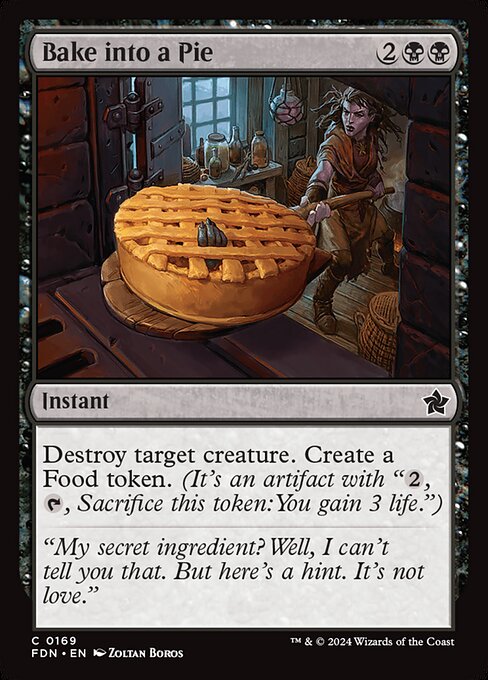
I imagine I will return to this topic in future columns. There is a great deal of space in communal card games that expands beyond “Rule Zero” discussion. When thinking of how to treat each other during a game, universal rules frequently requiver refinement and “fit” is important in friendly playgroups. However there are no gray areas about making sure that everyone is included in being able to play with clear information about board states.
Think of each turn when a player has priority as that player being “the host” of the party for that moment. It is the responsibility of a host to make sure everyone is taken care of and able to participate to keep the party going! A host need not have to give up information in advance any surprises planned to confound or delight guests but they must make sure guests are able to participate so entertaining actions can be appreciated properly.
And if you are in a situation where the various “hosts” during a turn are not willing to see to a “guest’s” comfort, that is a sign to look for a more hospitable party.
I wish you friendly combat with clear board states and all the power of etiquette behind you when you ask each person at the table to summarize their boardstate as needed.
MM
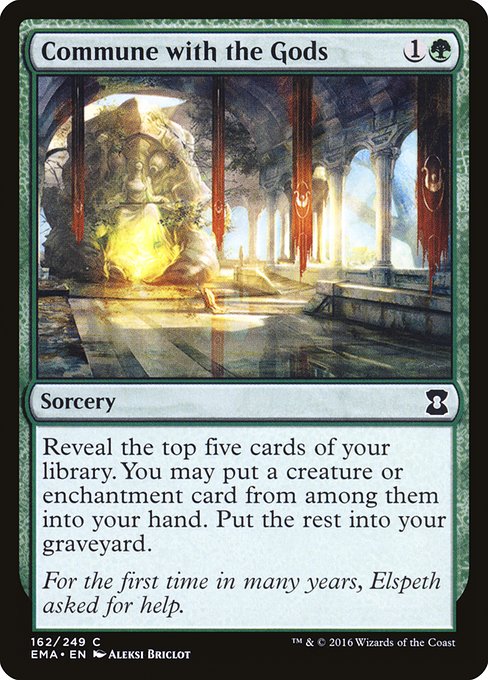
Thank you to Adrienne Reynolds, for her interplanar transcription services.
Mizz Mizzet Portrait by Andres Garcia
Delightful Readers, Please Submit Your Questions to Mizz Mizzet.
You may submit your questions to Mizz Mizzet using this form.
New Mizz Mizzet columns are posted every Wednesday right here as well as in Hipsters of the Coast‘s weekly email newsletter. You are also encouraged to follow her at @MizzMizzet on Twitter.
Any questions answered publicly will be made anonymous, and noms de plume will be created to represent any parties mentioned.
Born a perfect dragon in an imperfect multiverse, Mizz Mizzet (she/her) is the pioneer broodmother of today’s multiplanar civility movement. She is now working to persuade Planeswalkers to participate in it.
Her tireless efforts to expand the understanding and exercise of etiquette beyond the stereotypical terror of too many pieces of silverware, and whether to use poisons or explosives at celebratory conquest dinners, have not escaped official notice.
She specializes as a consultant in seating arrangements for inter and intra planar political events as long as contracts include the option to eat the rude.
Out of respect for her relative’s delicate sensibilities regarding draconic rank, she does not reside on the plane of Ravnica.

